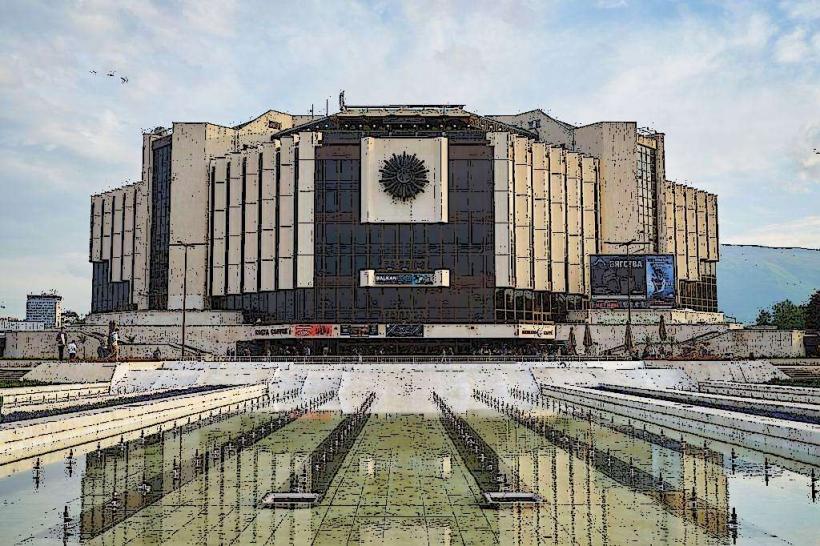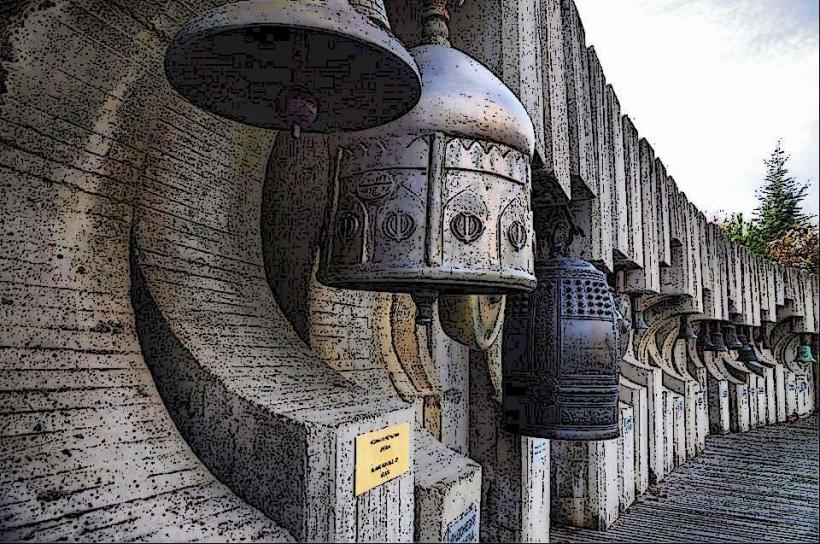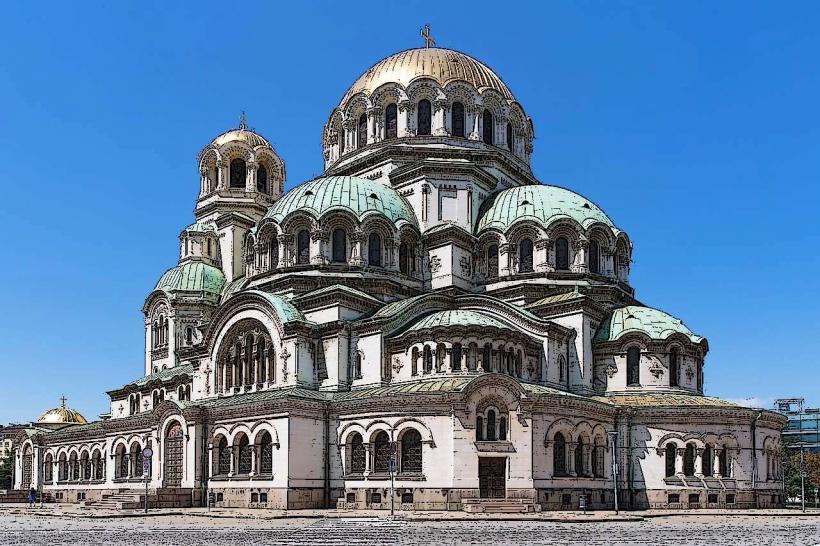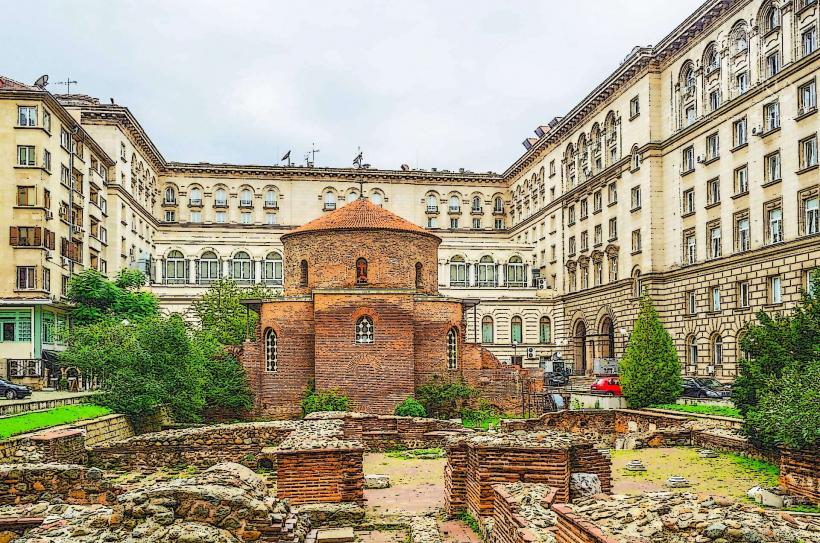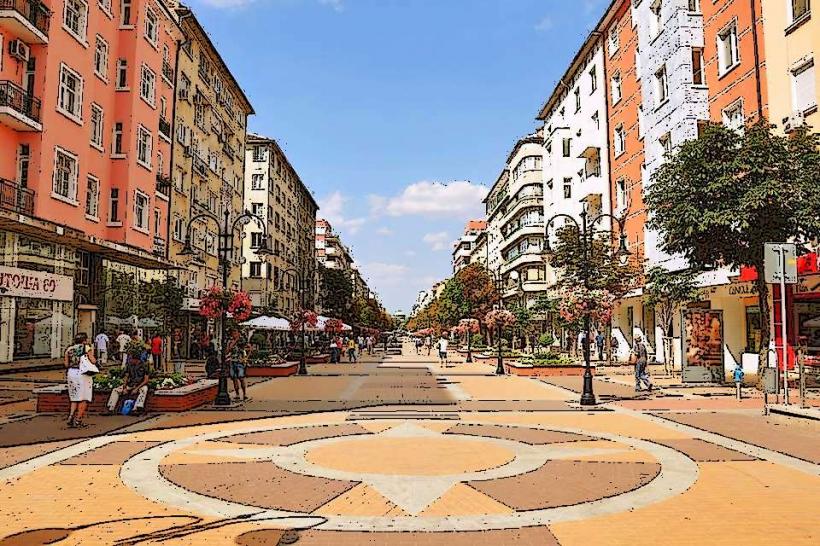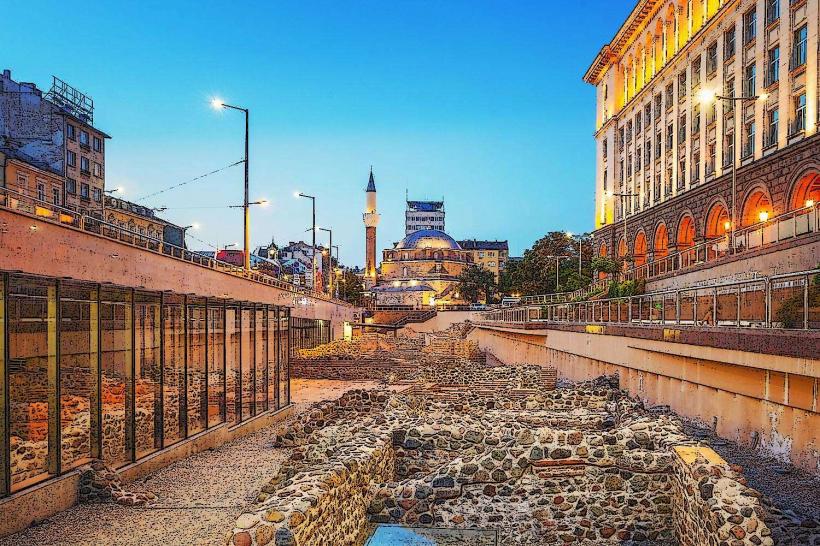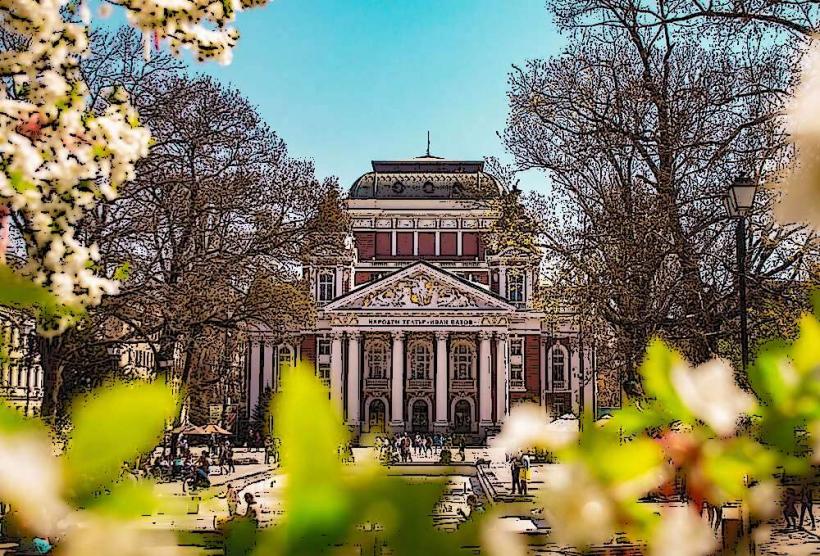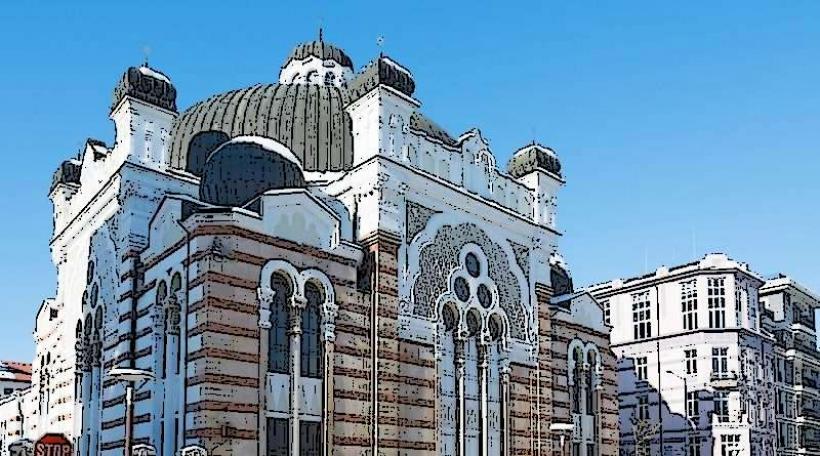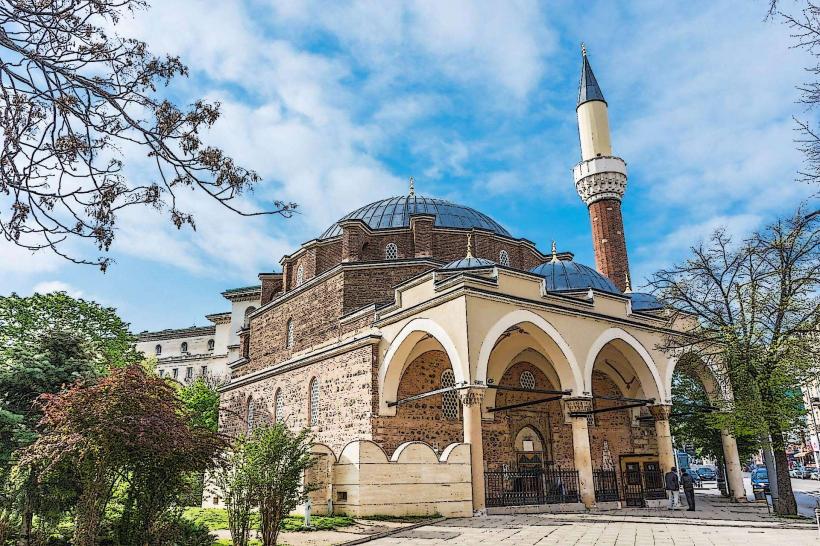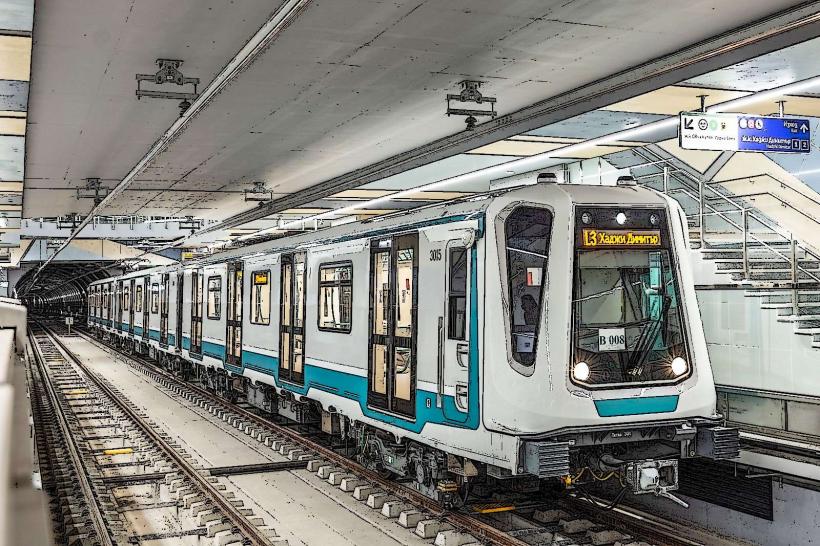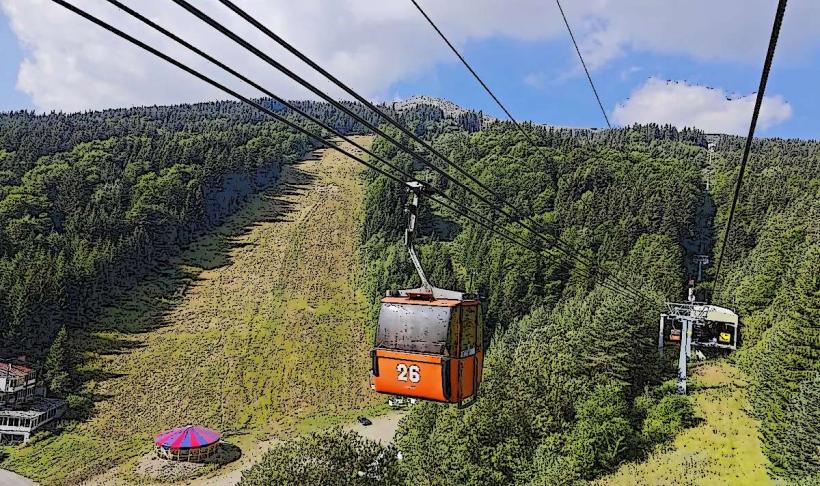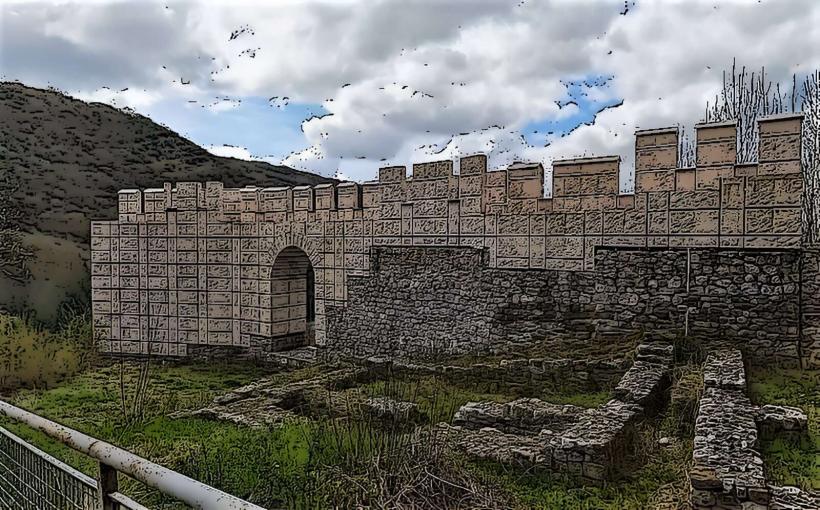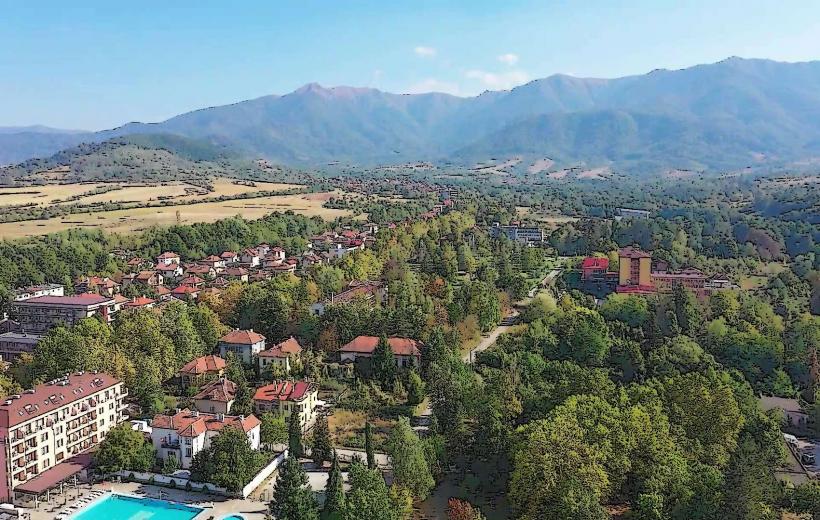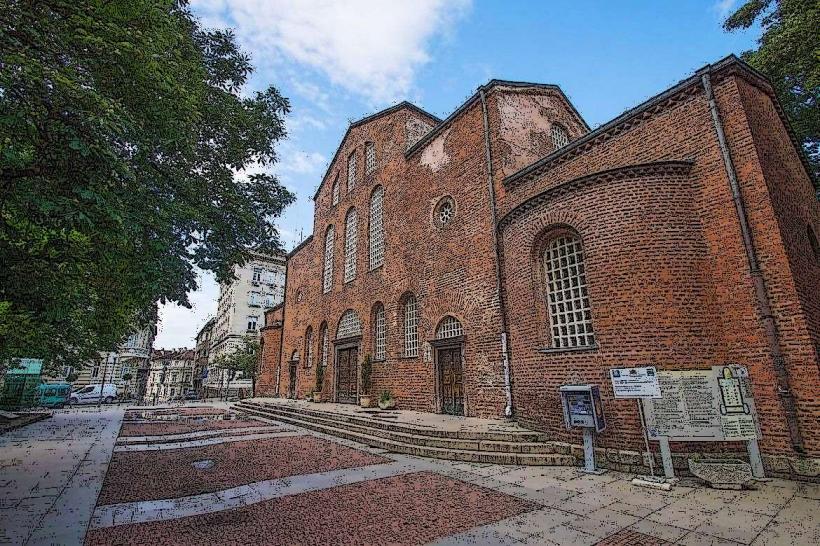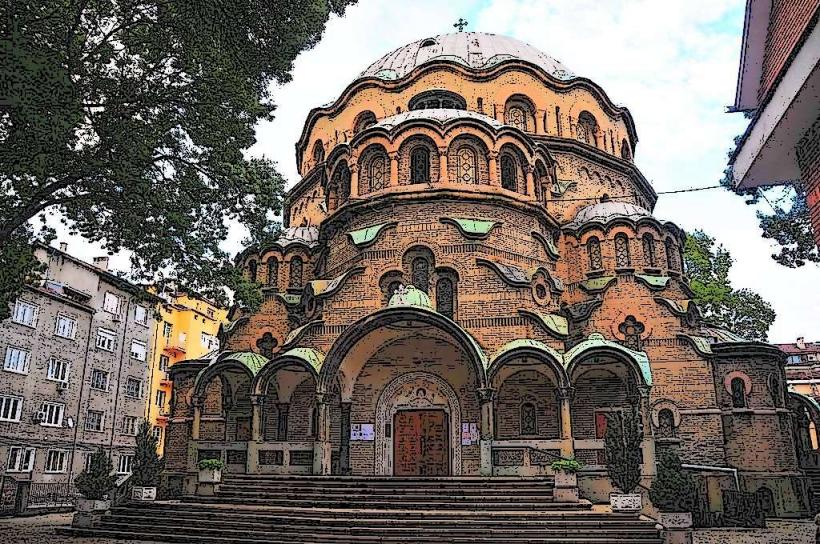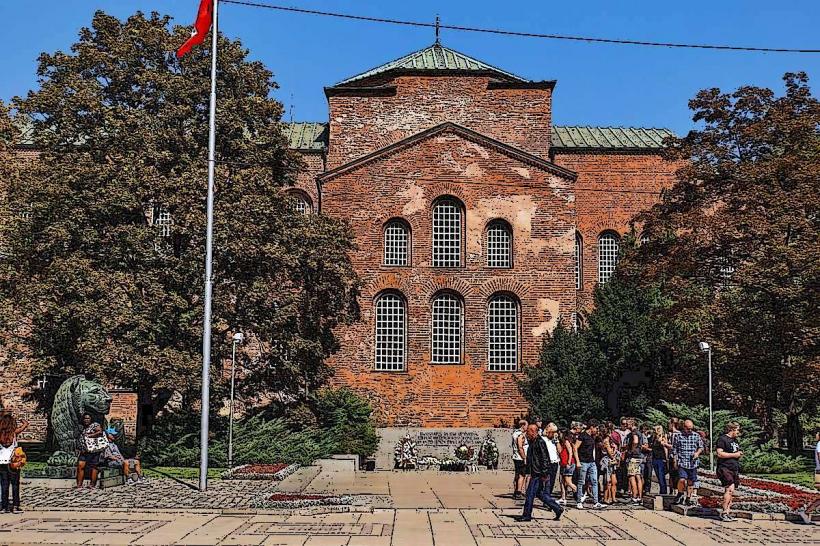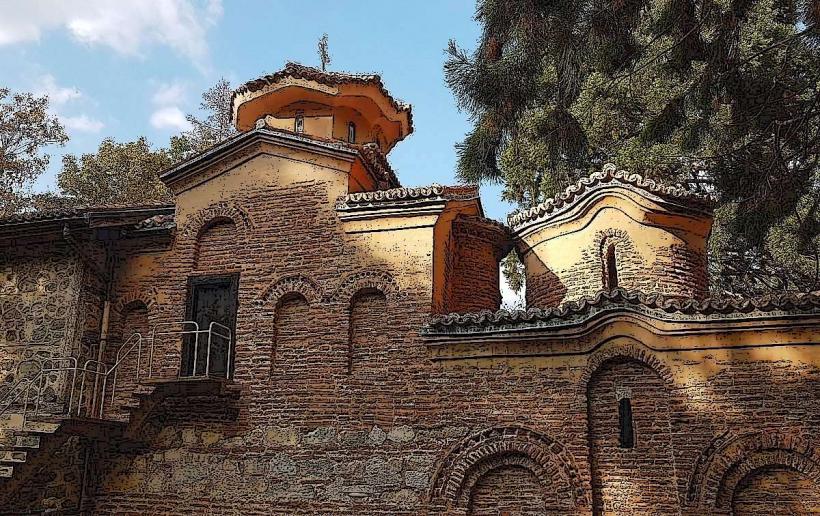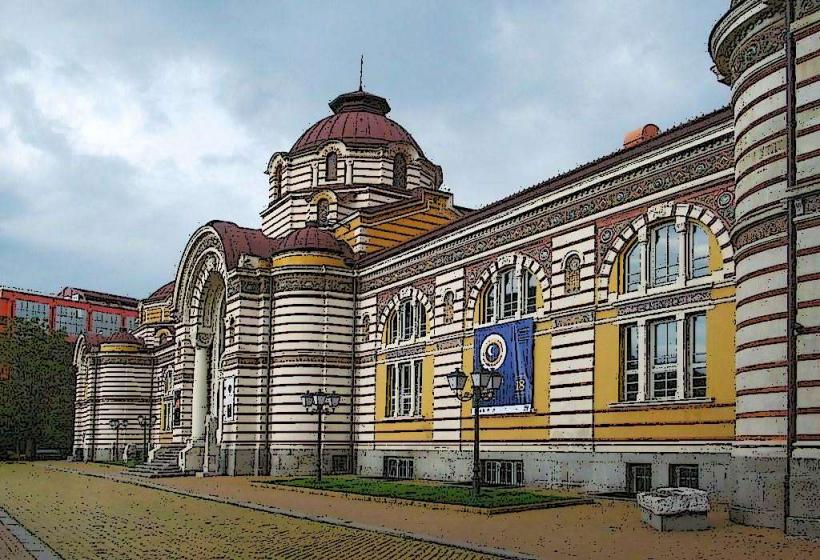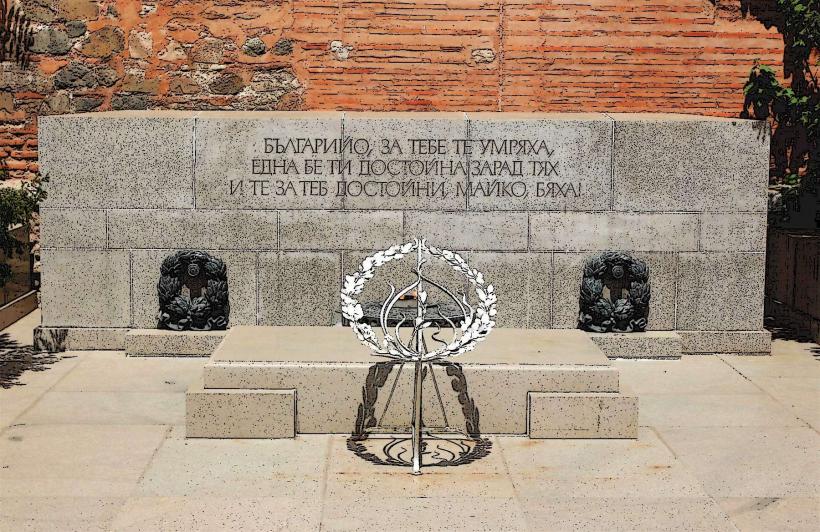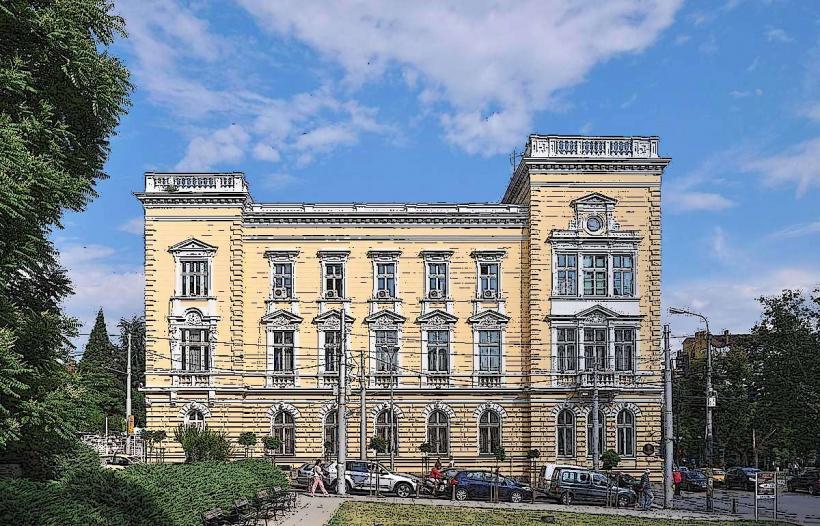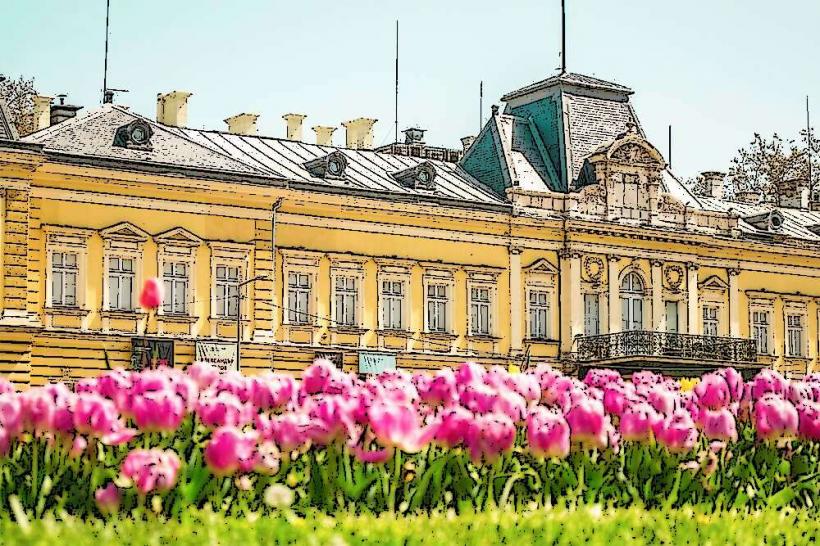Information
Landmark: Vasil Levski MonumentCity: Sofia
Country: Bulgaria
Continent: Europe
The Vasil Levski Monument in Sofia, Bulgaria, is one of the most prominent and revered monuments dedicated to Vasil Levski, the national hero who played a crucial role in Bulgaria’s fight for independence from the Ottoman Empire. The monument is not only a tribute to Levski’s contribution to Bulgaria’s liberation but also a powerful symbol of the Bulgarian struggle for freedom.
Historical Background
Vasil Levski: Vasil Levski (1837–1873), often referred to as the Apostle of Freedom, was a key figure in Bulgaria’s National Liberation Movement. He is best known for his efforts in organizing revolutionary committees across the country to unite Bulgarians in the struggle for independence. Levski is also celebrated for his vision of a democratic and free Bulgaria, where all ethnicities and religions would be equal.
His Execution: Levski was captured by the Ottoman authorities in 1872 and executed in 1873. His death, rather than marking the end of his influence, cemented his place as a martyr and a symbol of national pride and resistance against foreign domination.
The Monument in Sofia
Location: The Vasil Levski Monument in Sofia is located in Vasil Levski Square, a central area in the city. The monument stands near the Vasil Levski National Stadium and the National Assembly, making it a prominent feature in the capital’s urban landscape.
Unveiling: The monument was inaugurated on December 22, 1927, to commemorate the 54th anniversary of Levski’s death. It was created during a time when Bulgaria was seeking to honor its national heroes and solidify its identity following the struggles of the late 19th and early 20th centuries.
Design and Features
Statue of Vasil Levski: The centerpiece of the monument is a bronze statue of Vasil Levski, standing tall and dignified. The statue depicts Levski in military attire, emphasizing his role as a leader and revolutionary. He is shown with a serious and determined expression, reflecting his commitment to the liberation cause.
Symbolic Representation: The posture of Levski, standing with his hand on a sword and looking forward, conveys a sense of strength, resolve, and vision. The statue represents not only his role as a revolutionary leader but also his dedication to the cause of Bulgarian independence and his sacrifice for the nation.
Pedestal and Inscriptions: The monument is placed on a tall stone pedestal, which is engraved with inscriptions that honor Levski’s ideals and revolutionary efforts. These inscriptions often include quotes attributed to Levski, such as his famous words:
- "Freedom or death!"
- "The cause of the Bulgarian people is just, and there is no turning back."
These words reflect his unwavering commitment to the cause, even in the face of death.
Architectural Elements: The pedestal features decorative details that enhance the monument’s solemnity and historical significance. It is designed to convey the importance of Levski’s legacy while integrating seamlessly into the public space.
Cultural and National Importance
Symbol of National Identity: The Vasil Levski Monument is one of the most symbolically significant landmarks in Sofia and Bulgaria as a whole. It serves as a powerful reminder of Levski’s contribution to the country’s fight for independence and his vision for a free and just Bulgaria.
Place of Reflection: The monument is a place for reflection and remembrance, not just for the people of Sofia but for Bulgarians nationwide. It is a popular destination for those wishing to honor Levski’s memory, and ceremonies are often held at the site, especially on significant national holidays such as Vasil Levski Day (February 19) and National Liberation Day (March 3).
Tourism and Education: The monument attracts many visitors, particularly those interested in Bulgarian history, culture, and national heroes. It is a focal point for educational programs, where school groups and tourists can learn about Vasil Levski’s life, actions, and contributions to Bulgaria’s national awakening.
Contemporary Significance
A National Hero: Vasil Levski remains a central figure in Bulgarian national consciousness. His memory and ideals continue to shape the national identity, and the monument in Sofia is a constant reminder of the importance of freedom, democracy, and national unity.
Modern Context: In the modern era, the monument stands as a symbol of national pride and resilience. Despite the political changes and challenges Bulgaria has faced over the years, Vasil Levski’s legacy endures as a symbol of unwavering commitment to a free and independent nation.
Conclusion
The Vasil Levski Monument in Sofia is not just a statue; it is a monument to the spirit of Bulgaria’s struggle for freedom. Through its design and location, it serves as a focal point for national pride and a reminder of the sacrifices made for the country’s independence. Levski’s vision and courage continue to inspire the Bulgarian people, making the monument a timeless and essential part of Sofia’s cultural and historical landscape.

